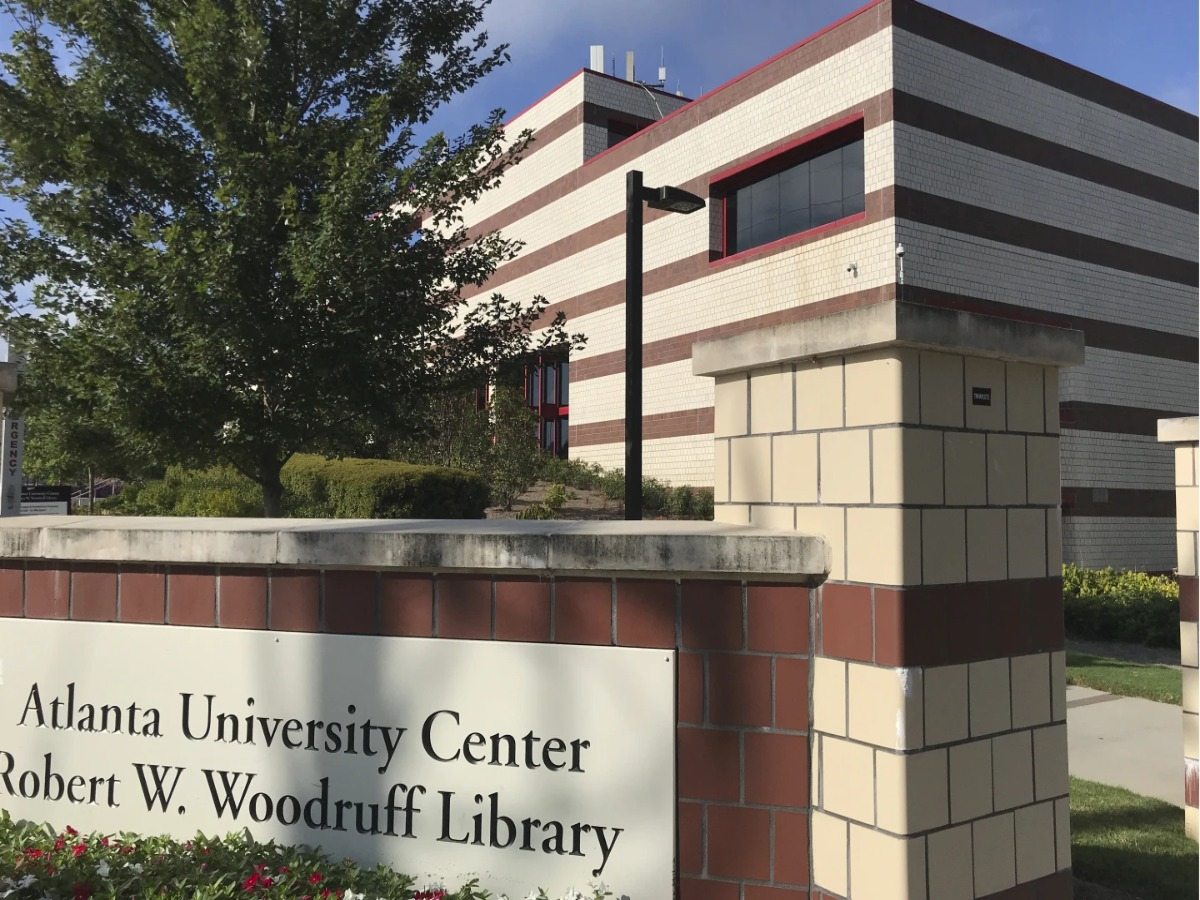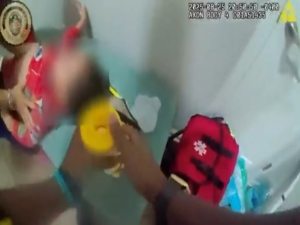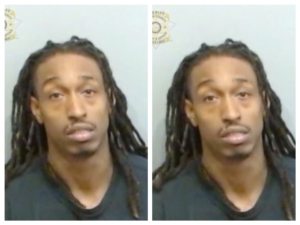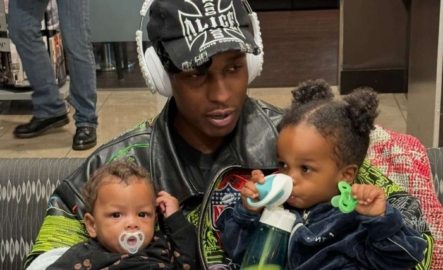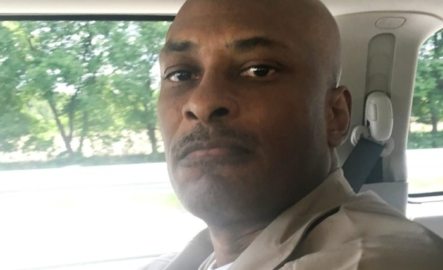A series of threats aimed at historically Black colleges and universities (HBCUs) across the United States on Thursday forced lockdowns, class cancellations, and stepped-up security measures.
Officials have not disclosed the exact nature of the threats, and no injuries were reported. The FBI told The Associated Press that agents are treating the “hoax threat calls” with urgency but currently see “no information to indicate a credible threat.”
Though the lockdowns were eventually lifted, many institutions chose to maintain strict precautions. With mass shootings and swatting incidents fresh in mind, several universities decided to cancel classes for the rest of the week and send students home.
READ ALSO: 8 facts about the U.S. Black population you should know
Louisiana Congressman Troy Carter condemned the threats, describing them as “reprehensible attacks.” He stressed that any threat against HBCUs is “a threat against us all” and insisted, “These attacks cannot be tolerated, minimized, or ignored. They must be met with swift and decisive action.”
Southern University in Louisiana, home to about 8,200 students, reported what it called “a potential threat to campus safety” and locked down for roughly an hour. Alabama State University, with about 3,500 students, ordered everyone to shelter in place while police conducted a building-by-building sweep. Two hours later, the campus declared an “all-clear,” but administrators still kept students in their dorms and canceled classes for the rest of the day.
Clark Atlanta University in Georgia, Virginia State University, Hampton University in Virginia, and Bethune-Cookman University in Florida also received threats.
The incidents came during a week of heightened anxiety on school grounds, following the assassination of conservative activist Charlie Kirk in Utah and a shooting at a Colorado high school.
READ ALSO: 9 Trump policies that will hurt Black Americans
Don Beeler, CEO of TDR Technology Solutions, which tracks swatting incidents, explained that false reports often surge after real acts of violence. He said schools may overcompensate in their safety responses, adding, “Anything that happens in the next week is going to get an overreaction than what you normally see.”
Even HBCUs that were not directly targeted tightened security. South Carolina State University began requiring photo ID checks at its Orangeburg campus. Spelman College in Atlanta, located near another school that did receive a threat, went into lockdown and announced new security measures.
At the start of this academic year, at least a dozen campuses faced hoax active-shooter calls, many featuring recorded gunfire in the background. Those calls triggered lockdowns instructing students to “run, hide, fight.”
READ ALSO: USDA halts scholarship program for historically Black colleges, sparking concern

